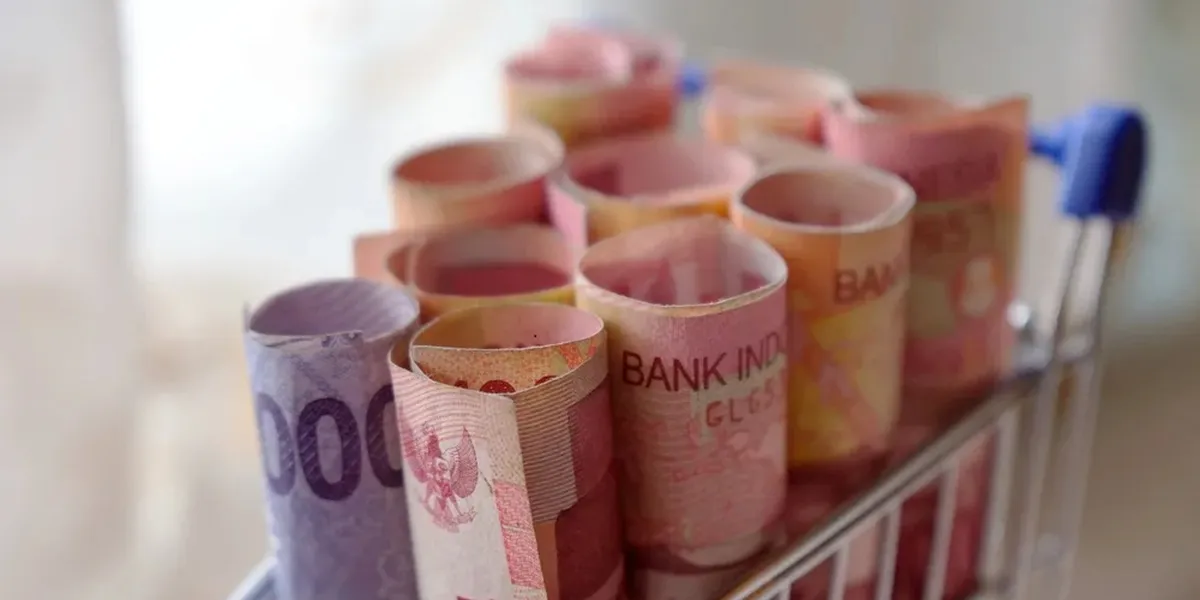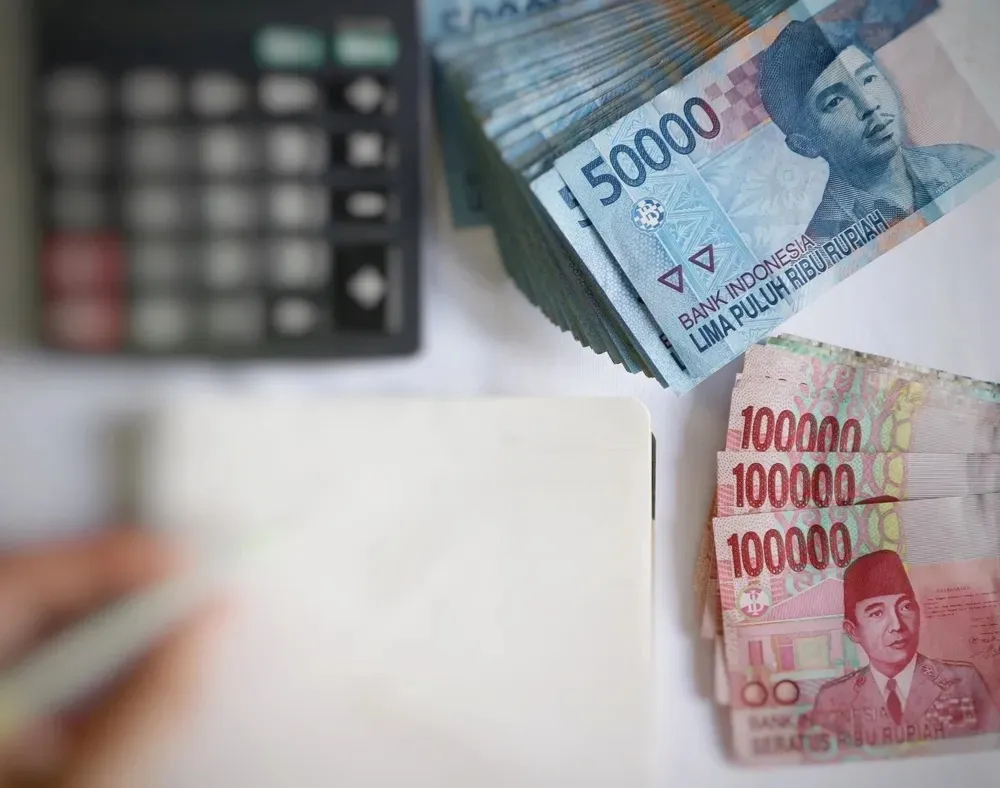7 Photos of Irish Bella Who Claims to Be Undergoing Natural Fertility Treatment, Affectionate with Her Husband While in the Holy Land
Irish Bella claims to be undergoing fertility treatment. Here are the details.

Kapanlagi.com - Recently, the Indonesian music scene has been colored by heated debates over copyright and royalties. This dispute is not new, but it has gained more attention as it involves big names in the entertainment industry.
The main issue that has arisen is regarding who has the right to perform a song on stage and how the profits are shared, especially if the song was not created by the singer.
One of the cases that has captured public attention is the lawsuit against Agnez Mo regarding the use of the song "Bilang Saja" released in 2006. This lawsuit was filed by Ari Bias. In the court proceedings, Agnez was ordered to pay a fine of Rp1.5 billion after being found guilty of copyright infringement.
Not long after, a new case emerged where Vidi Aldiano was sued by senior musician Keenan Nasution for IDR 24 billion. The issue again revolves around the rights to perform and the use of songs owned by Keenan. Although there has not been a final legal decision, this fantastic lawsuit amount has made many musicians and fans more cautious.
Also noteworthy is the old story that has resurfaced regarding Ahmad Dhani's ban on Once Mekel from singing Dewa 19's songs. Dhani openly stated that Once no longer has the right to perform his songs on stage, even though Once was once the vocalist of the band. This conflict has become a widespread topic of discussion, especially because it involves the personal and professional relationship of two major musicians who once shared the stage.

Illustration of Money © Shutterstock.com
Dhani also explained how he has been implementing a direct royalty system (direct license) with Ari Lasso. For years, Ari Lasso has always given a sum of money to Dhani after performing Dhani's songs at an event.
This direct license system has received various responses. One of the concerns raised is that direct licensing has the weakness of further marginalizing lesser-known songwriters. Additionally, the legal framework for direct licensing has not yet been established, making it unmonitored by taxes.
"In our opinion, the idea of implementing direct licensing can be pursued in the future once the legal framework accommodates it. The current laws do not accommodate such practices," stated the Indonesian Music Union Federation (FESMI) in an Instagram post last February.

Illustration of Music © Shutterstock.com
However, on the other hand, there are also musicians who actually allow anyone to sing their songs for free. Ariel NOAH and Charly Van Houten are two names that have stated that they do not mind if their songs are performed by others without royalties, as long as it is for entertainment purposes, not large-scale commercial use.
This attitude has garnered praise from some netizens, but also harsh criticism from others—including Ahmad Dhani, who mocked their statements as “pretending to be rich,” as it is considered to undermine the economic value of musical works.

Music Illustration © Shutterstock.com
So, what are the legal regulations that apply in Indonesia? In general, regulations regarding copyright and music royalties are governed by Law Number 28 of 2014 on Copyright.
This law explains that there are two main types of rights that are protected: moral rights (recognition of the song creator) and economic rights (the right to profit from the use of the song).
In the context of music performances, parties wishing to perform or monetize a song must obtain permission and pay royalties to the copyright holder—whether it is the song creator, label, or publisher.
The implementation itself is facilitated by the National Collective Management Institute (LMKN) which manages the distribution of royalties. However, this system is still considered not ideal by many musicians, as the distribution of royalties can sometimes be uneven or not transparent.
Ultimately, the controversy surrounding royalties and music copyright shows that our music industry is seeking a new balance.
On one hand, it is important to respect and protect the rights of song creators. On the other hand, it is also necessary to build a culture of mutual respect among musicians, including openness to fair rules and not undermining each other.
(kpl/tdr)
Cobain For You Page (FYP) Yang kamu suka ada di sini,
lihat isinya
Irish Bella claims to be undergoing fertility treatment. Here are the details.
Ayu Ting Ting is rumored to no longer be single. Here are the details.
Vidi Aldiano has finally appeared and responded to the allegations of copyright infringement amidst his treatment in Penang. Here are the details.
Let's take a look at photos of Cok Simbara now!
Sarwenda finally speaks out regarding rumors of her closeness with Giorgio Antonio. Is it true that they are just live work colleagues?
Ria Ricis admitted that she prefers culinary tourism over sightseeing in China while filming the movie 'ASSALAMUALAIKUM BEIJING 2: LOST IN NINGXIA'.
Let’s take a look at a series of prestigious pensi in Jakarta that are always anticipated!
This is the moment Sherina Munaf, now 35 years old, received many surprises and congratulations.
Atta Halilintar once again shows his concern for the remote communities of Indonesia. Here are the details.
The song Nuansa Bening version by Vidi Aldiano is no longer available on the digital music platform Spotify. Here are the details.
The continuation of the copyright case between Keenan Nasution and Vidi Aldiano was held again at the Central Jakarta Commercial Court. Here are the details.
The emotional rock band from Bandung, For Revenge, will hold their first solo concert. Here are the details.